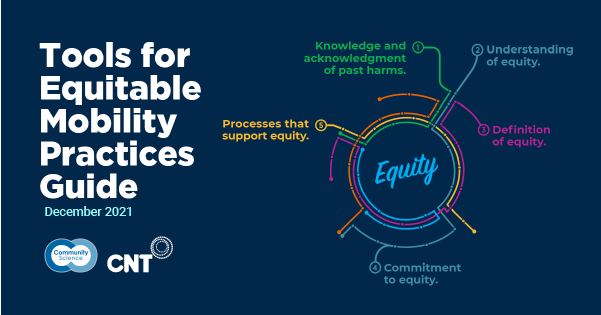SP
Strategic Factors for Strengthening Our Communities: The Five C’s Community, Connections, Control, Cash, & Collective Action
The current health, social justice, violence, and environmental crises call for greater attention to strengthening our communities to care for their members and to take collective action to address the root causes of disadvantage, marginalization, and stress.

